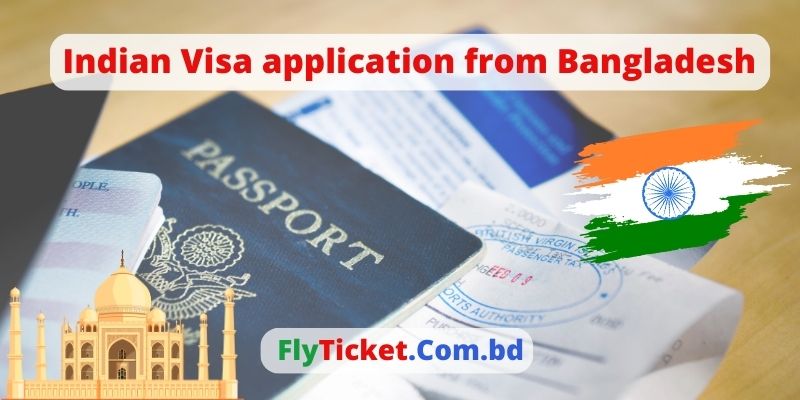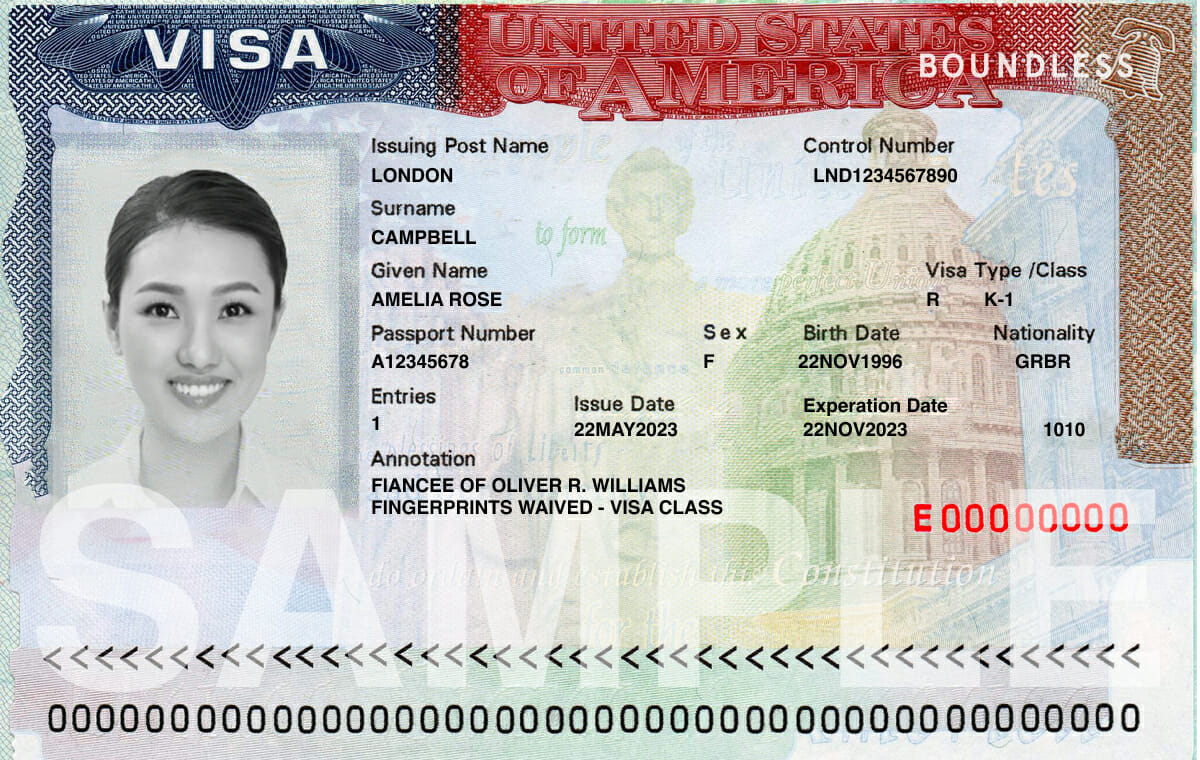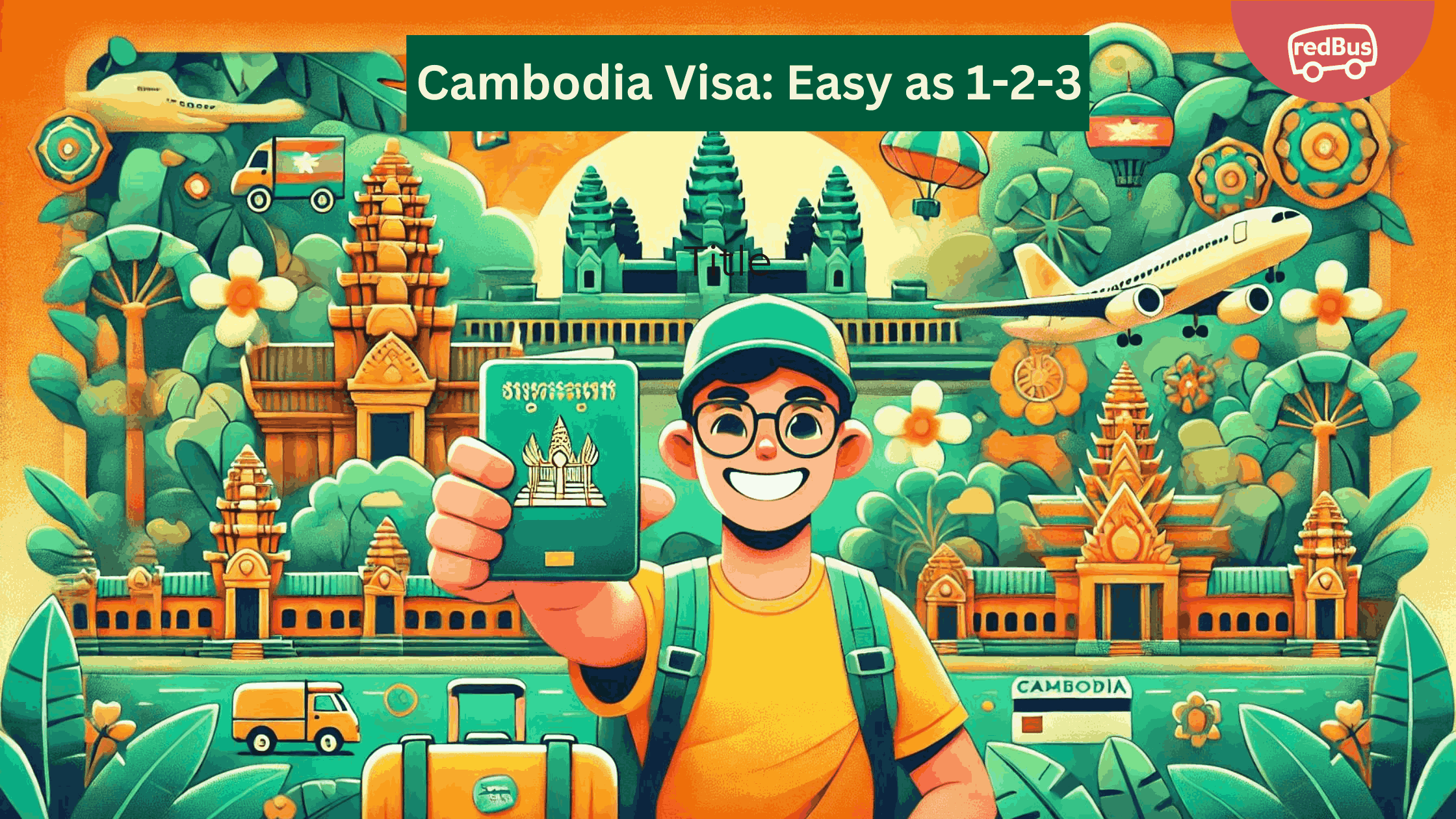India, with its ancient temples, colorful festivals, and unique blend of modern and traditional culture, draws millions of international visitors each year, including Japanese citizens eager to experience its vibrancy. For Japanese travelers, India offers a convenient electronic visa (e-Visa) system, making the process simpler and more accessible. This guide outlines the types of visas available, the application process, and important travel tips for Japanese citizens planning a trip to India.
Types of Indian Visas Available for Japanese Citizens
Japanese citizens have access to various visa types based on their travel purpose, including tourism, business, medical, and conference participation. Indian Visa from USA Here are the primary visa options:
e-Tourist Visa: The e-Tourist Visa is ideal for Japanese citizens visiting India for leisure, sightseeing, or visiting family and friends. It is available in multiple options, such as 30-day (double-entry), 1-year, and 5-year (multiple-entry), allowing for stays of up to 90 days at a time.
e-Business Visa: For Japanese citizens traveling for business purposes, such as attending conferences, meetings, or trade fairs, the e-Business Visa is available. This visa is valid for 1 year, with multiple entries allowed, and each stay can last up to 180 days.
e-Medical Visa: Japanese citizens seeking medical treatment in India can apply for the e-Medical Visa. It allows a 60-day stay with triple-entry, and it is suitable for those undergoing medical procedures or consultations.
e-Conference Visa: If attending a government-approved conference or seminar, Japanese citizens can apply for the e-Conference Visa, which permits a single-entry stay of up to 30 days.
Applying for an Indian e-Visa from Japan
The Indian e-Visa application process is simple and user-friendly. Here’s a step-by-step guide to help Japanese citizens apply successfully:
Access the Official e-Visa Website: Japanese travelers should go to the Indian government’s official e-Visa website to start the application. Avoid third-party sites that may charge extra fees.
Complete the Application Form: The form requires personal details, passport information, and travel dates. Japanese applicants should use a passport valid for at least six months from the date of arrival in India.
Upload Required Documents: The application requires a recent passport-sized photograph and a scanned copy of the passport’s bio-data page. Additional documentation, like a business invitation letter, may be required for the e-Business Visa.
Pay the Visa Fee: The e-Visa fee depends on the visa type and duration. Payments can be made via credit or debit card on the online portal. Japanese citizens should ensure that their payment card allows international transactions.
Receive and Print the e-Visa Approval: Once the application is processed, Japanese applicants will receive an Electronic Travel Authorization (ETA) via email. A printed copy of this ETA must be presented at the Indian port of entry, along with the passport used in the application.
Important Tips for Japanese Travelers
Permitted Entry Points: e-Visa holders must enter India through one of the designated airports or seaports. Popular entry points include major cities like New Delhi, Mumbai, and Chennai. Japanese travelers should confirm their port of entry to avoid complications.
Visa Validity and Duration: The e-Visa is valid from the date of issuance, not the date of entry. Japanese citizens should plan their applications close to the travel date, as extensions for e-Visas are generally not allowed.
Health Precautions: Japan does not require vaccinations for travel to India; however, immunizations against hepatitis, typhoid, and routine vaccines may be recommended based on travel plans. Carrying basic health supplies and mosquito repellent is advised.
Currency and Expenses: The Indian Rupee (INR) is the currency used in India. Japanese travelers can easily exchange currency at airports, banks, and exchange services. It’s advisable to carry some cash for smaller purchases in rural areas or markets.
Cultural Considerations: India’s rich cultural heritage and diverse customs mean that local norms may differ significantly from those in Japan.INDIAN VISA FROM JAPAN Respecting local customs, especially around religious sites, is appreciated by locals and enhances the travel experience.
Conclusion
Applying for an Indian visa from Japan is convenient with the e-Visa system, allowing Japanese citizens to experience India’s myriad attractions with ease. By selecting the correct visa type and preparing documents accurately, Japanese travelers can look forward to a seamless journey into a country that promises unique adventures, cultural immersion, and unforgettable experiences.



